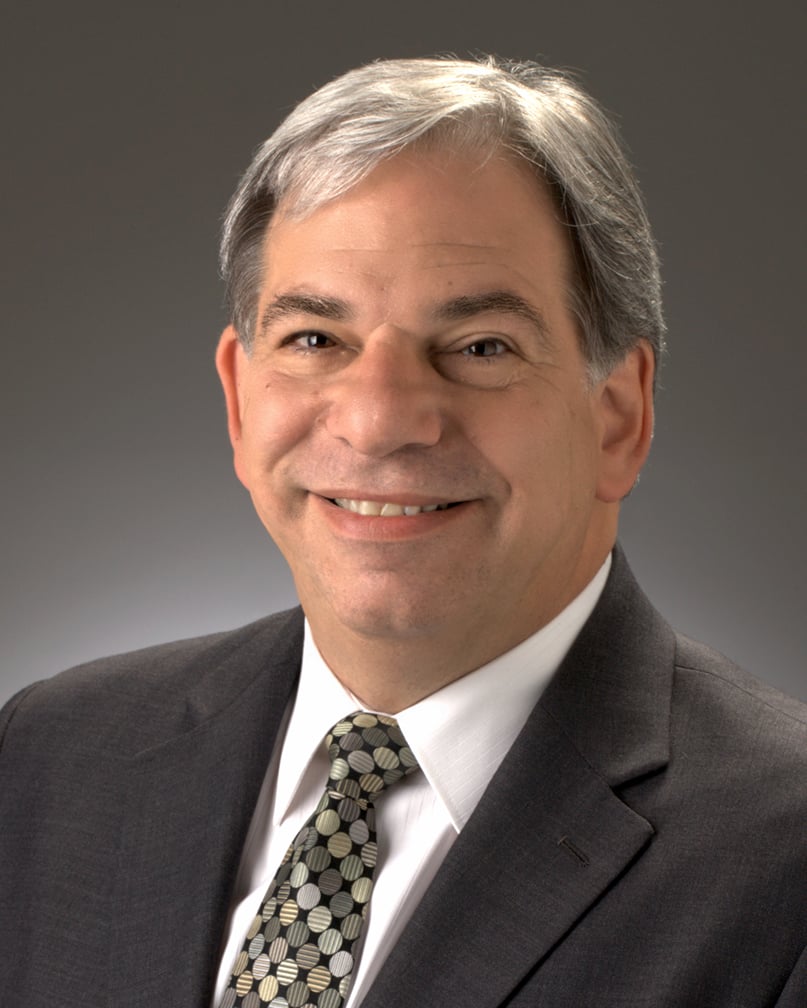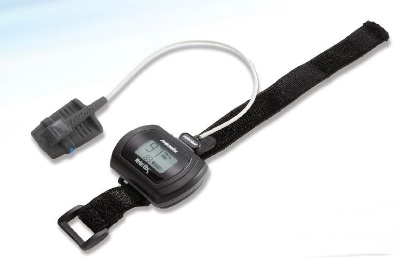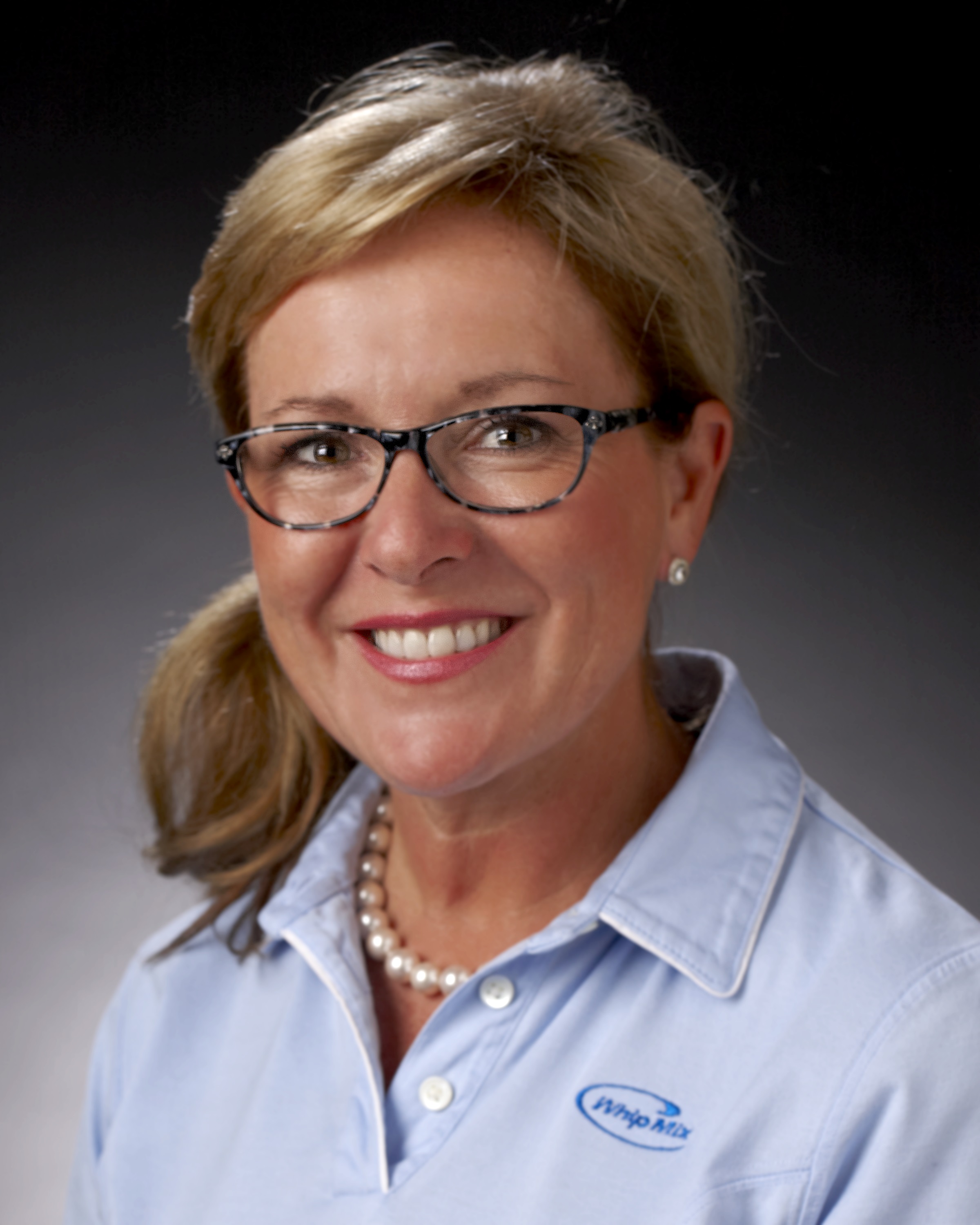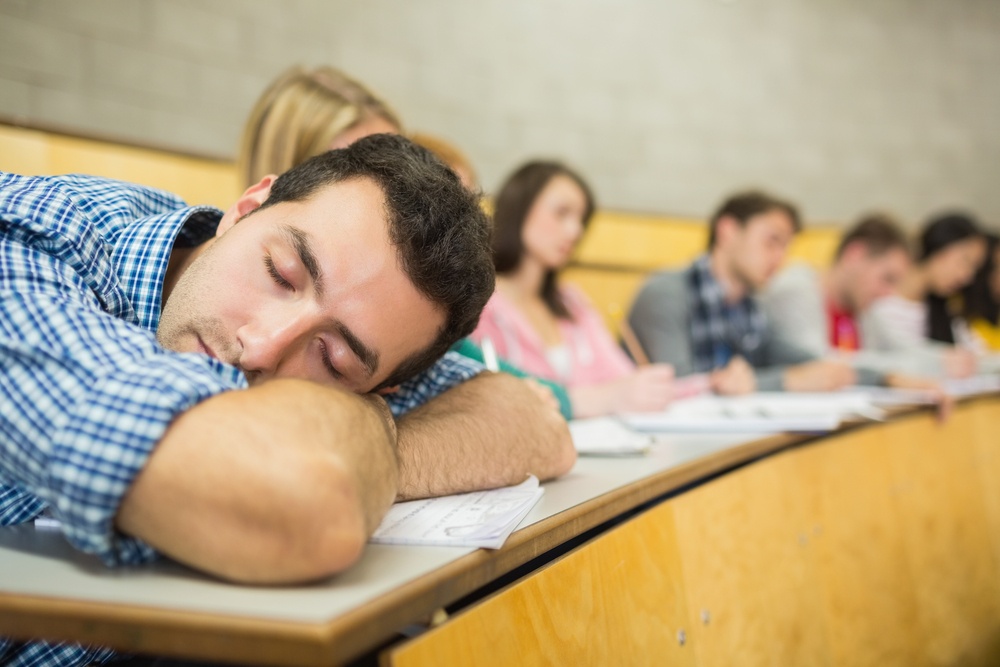The ADA House of Delegates has been evaluating the role of dentistry and dentists in sleep-related breathing disorders (SRBD) and made a ruling in 2017. That ruling is Resolution 17H-2017, passed by the ADA House of Delegates at ADA 2017 – America's Dental Meeting. The Council on Dental Practice developed the policy using an evidence brief researched by the Council on Scientific Affairs. It was the result of a 2015 resolution calling for the development of the policy.
 Some of the disorders associated with SRBD include snoring, upper airway resistance syndrome (UARS), bruxism, and obstructive sleep apnea (OSA). Apnea, as it is commonly called, can cause or contribute to cardiovascular and respiratory disease, along with medical disorders. The comprehensive policy is intended to help dentists with their patient’s health and well-being.
Some of the disorders associated with SRBD include snoring, upper airway resistance syndrome (UARS), bruxism, and obstructive sleep apnea (OSA). Apnea, as it is commonly called, can cause or contribute to cardiovascular and respiratory disease, along with medical disorders. The comprehensive policy is intended to help dentists with their patient’s health and well-being.
The new official policy clearly states that “dentists are the only health care provider with the knowledge and expertise to provide oral appliance therapy (OAT).” The dentist is able to perform a comprehensive exam which may reveal the effects of sleep apnea and help to determine the patient’s risk for SRBD. The patient can then be directed to a physician or medical sleep professional, who, upon further examination and in combination with a sleep study, may prescribe a continuous positive airway pressure (CPAP) device or an oral appliance. The treatment is dependent upon the degree of sleep apnea detected. An OAT appliance may be ideal for mild to moderate apnea, while CPAP therapy may be indicated for more serious cases.
The SRBD dentist can be the first professional to determine that there is any problem at all. They would be responsible for testing the patient with a home sleep monitor, assessing a patient’s risk for SRBD as part of a comprehensive medical and dental history, referring affected patients to sleep specialist physicians, and keeping track of the patients’ treatment with the specialist.
As soon as it is available, the Council on Dental Practice will sponsor continuing education opportunities to educate dentists about sleep-related breathing disorders as well as inform the council's medical colleagues of the policy. It will also develop information for the public on dentistry's role in sleep-related breathing disorders.











Leave a comment